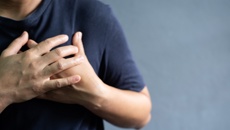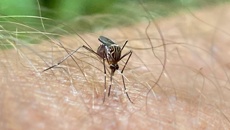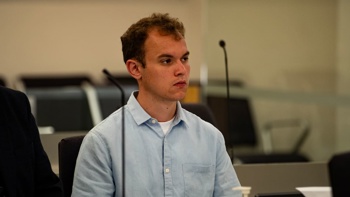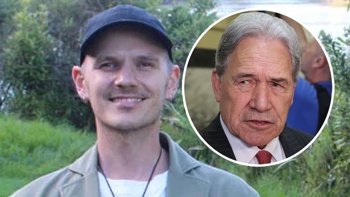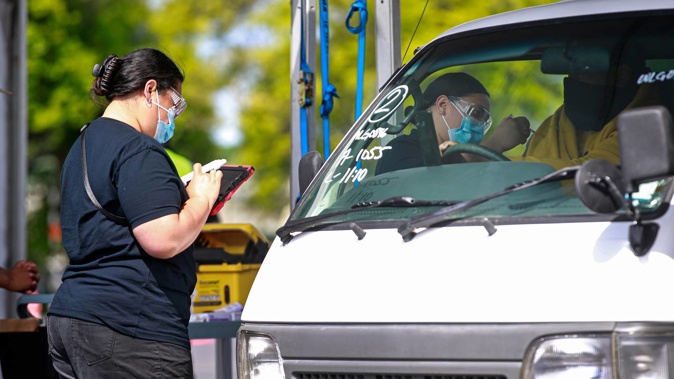
There are 9390 new community cases of Covid-19 and 13 new deaths today.
The Ministry of Health is also reporting 522 people in hospital with the virus, including 15 in intensive care.
The Covid-related deaths reported today take the death toll to 646.
The seven-day rolling average of reported deaths is 11.
Of the people whose deaths were reported today, one person was from Northland, six from the Auckland region, one from Waikato, one from Lakes, one from Whanganui, one from the Wellington region and two from the Canterbury region.
One person was aged between 10 and 19, five in their 70s, six in their 80s, and one person was over 90.
"This is a very sad time for whānau and friends and our thoughts and condolences are with them at this time," the ministry said.
The average age of the people in hospital is 59.
The breakdown between hospitals is: Northland (45), Waitematā (84), Counties Manukau (72), Auckland (80), Waikato (34), Bay of Plenty (28), Lakes (10), Tairāwhiti (one), Hawke's Bay (12), Taranaki (nine), Whanganui (two), MidCentral (11), Wairarapa (four), Hutt Valley (12), Capital and Coast (12), Nelson Marlborough (11), Canterbury (66), South Canterbury (five), West Coast (one) and Southern (23).
The locations of today's cases are: Northland (399), Auckland (2241), Waikato (731), Bay of Plenty (340), Lakes (179), Hawke's Bay (316), MidCentral (353), Whanganui (128), Taranaki (266), Tairāwhiti (108), Wairarapa (117), Capital and Coast (537), Hutt Valley (282), Nelson Marlborough (317), Canterbury (1610), South Canterbury (224), Southern (1116) and the West Coast (121).
The location of five cases is unknown.
Today's numbers come after an Auckland teenager was found to have tested positive for Covid twice in six weeks - raising questions about official health advice that people probably have good immunity for three months after infection.
He first tested positive using a PCR test in February when he had mild symptoms before testing positive again in April using a RAT at which point he had a much worse flu that left him bedridden for a few days.
It also comes as one-in-four adults have yet to have their third vaccination booster shot.
Yesterday, there were 10,294 new Covid-19 cases in the community.
More than 500 people were also in hospital, including 14 in intensive care, and a further 18 Covid-related deaths.
The deaths took the pandemic's toll to 633 and the seven-day rolling average of reported deaths to 12.
Two of those who died were in their 50s, two in their 60s, three in their 70s, seven in their 80s, and four were over 90.
The locations of yesterday's community cases were Northland (448), Auckland (2274), Waikato (751), Bay of Plenty (424), Lakes (203), Hawke's Bay (362), MidCentral (413), Whanganui (153), Taranaki (331), Tairāwhiti (93), Wairarapa (131), Capital and Coast (633), Hutt Valley (325), Nelson Marlborough (368), Canterbury (1682), South Canterbury (241), Southern (1,346) and the West Coast (110).
The location of six cases was unknown and the average age of the cases in hospital is 60.
The Auckland 14-year-old, who tested positive twice within six weeks, meanwhile, initially had just a mild sniffle and a cough, his dad told the Herald.
The family isolated for 10 days and the boy returned to school. Then at the start of April "he came home from school really, really quite crook, with a really mean sore throat, fever... the classic symptoms".
A Rapid Antigen Test returned an immediate positive result. This time the illness was substantially worse, his dad said.
"He had a couple days in bed, he couldn't taste anything for about a day. Definitely more severe symptoms this time around."
The boy's GP suggested it all might have been part of the same infection - that the virus had stayed in his system and was causing belated symptoms. Or he could have caught different variants.
The dad admits he didn't think it was possible to get reinfected so quickly.
"I don't know why we tested him [the second time] because that's what we were led to believe. And the school's policy was once you've had it once then you don't need to worry for the next three months, even if you're a household contact."
He's not sure where his double-vaccinated son caught the virus - neither parent has had it and nobody has come to their house while positive.
The teen has fully recovered and there have been no lasting effects that they're aware of so they're not concerned about long Covid at this stage.
Current ministry guidelines give a three-month exemption for household contacts after catching Covid, because "the risk of reinfection within the first three months after someone has Omicron is very low".
The dad was curious whether the Government was reconsidering its advice that people are unlikely to catch Covid again within three months of infection.
"Clearly you can get it twice. I'm sure he's not the only one."
The 14-year-old's infections were both logged on his My Covid Record.
But according to a Ministry of Health spokeswoman, the ministry is not collating reinfection data.
Reinfections had occurred during Omicron outbreaks overseas but they were usually due to catching Omicron after getting a previous variant like Delta or Alpha, she said.
"Omicron reinfections are uncommon, although it has been shown to occur."
Take your Radio, Podcasts and Music with you




